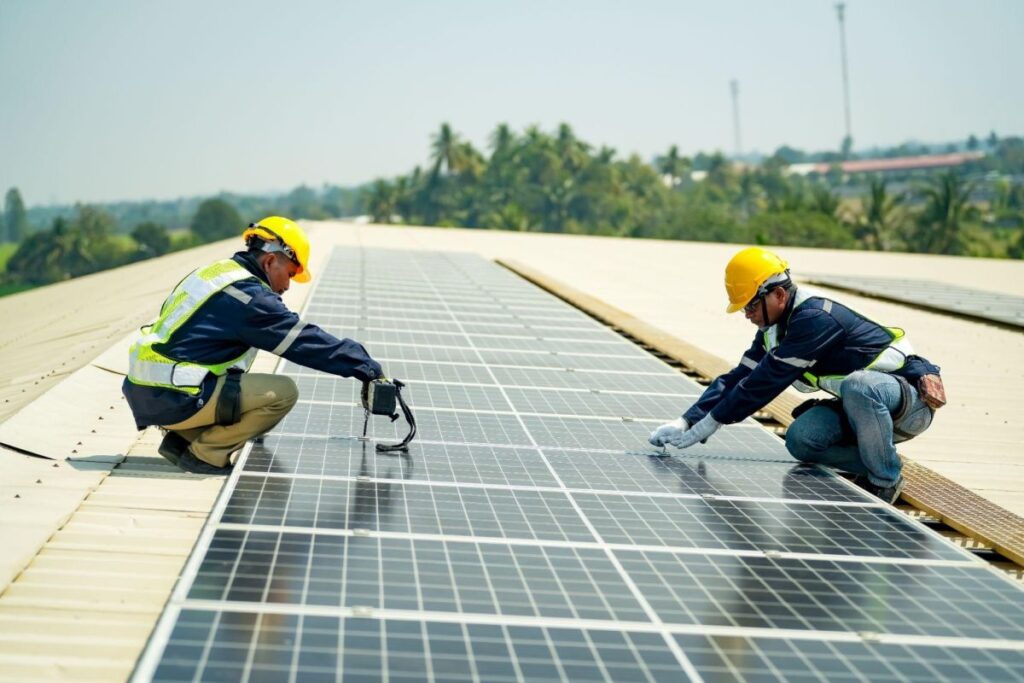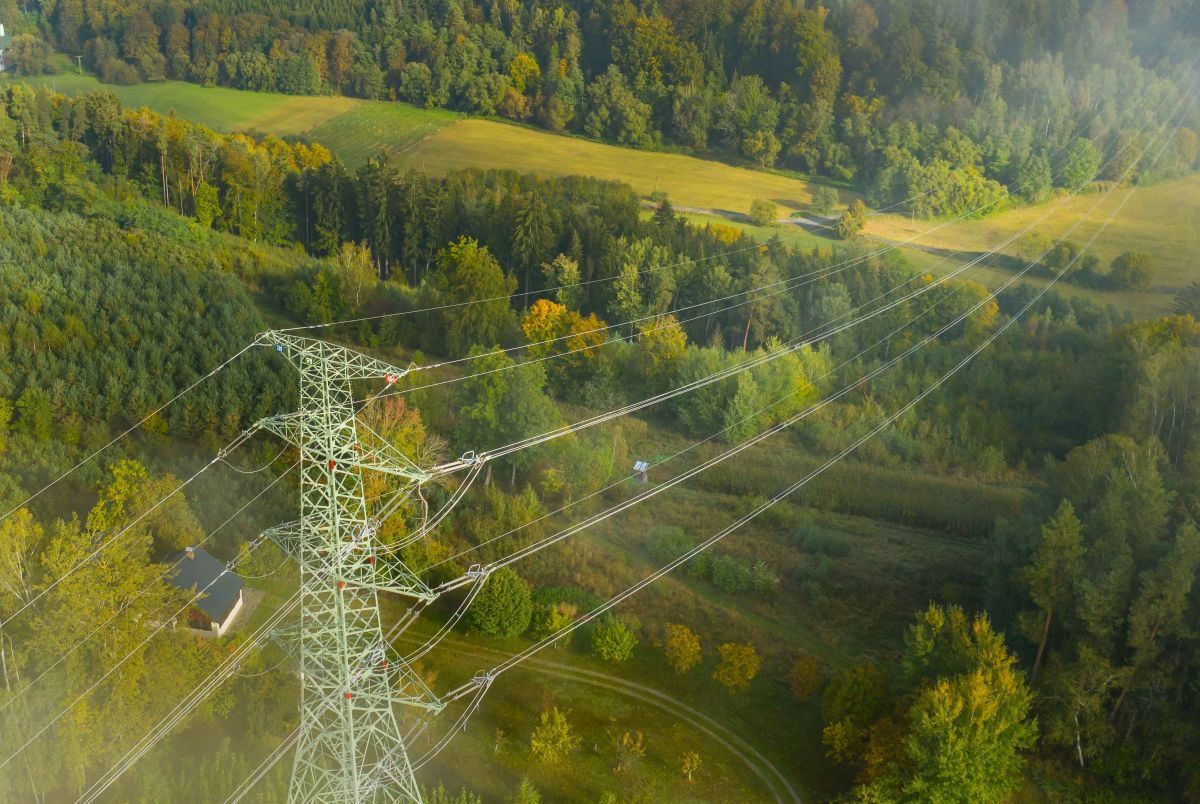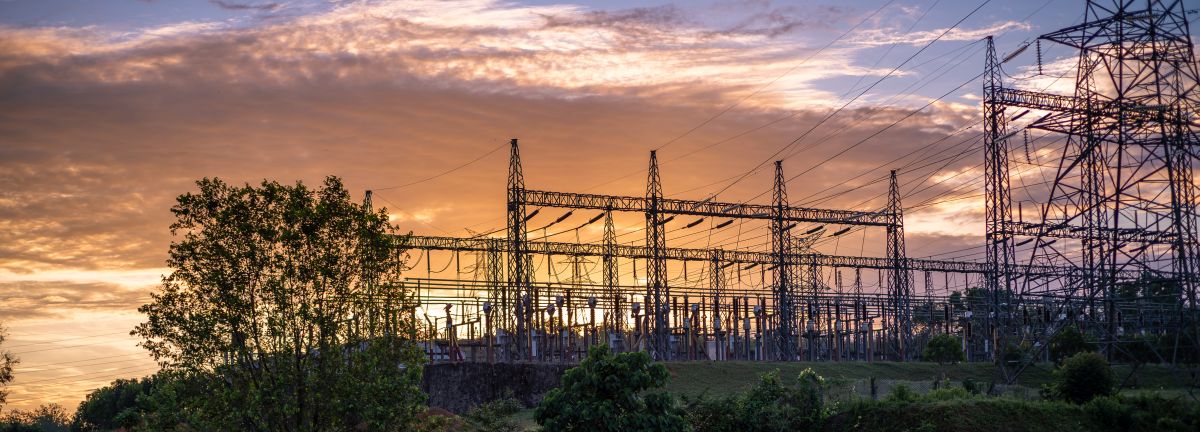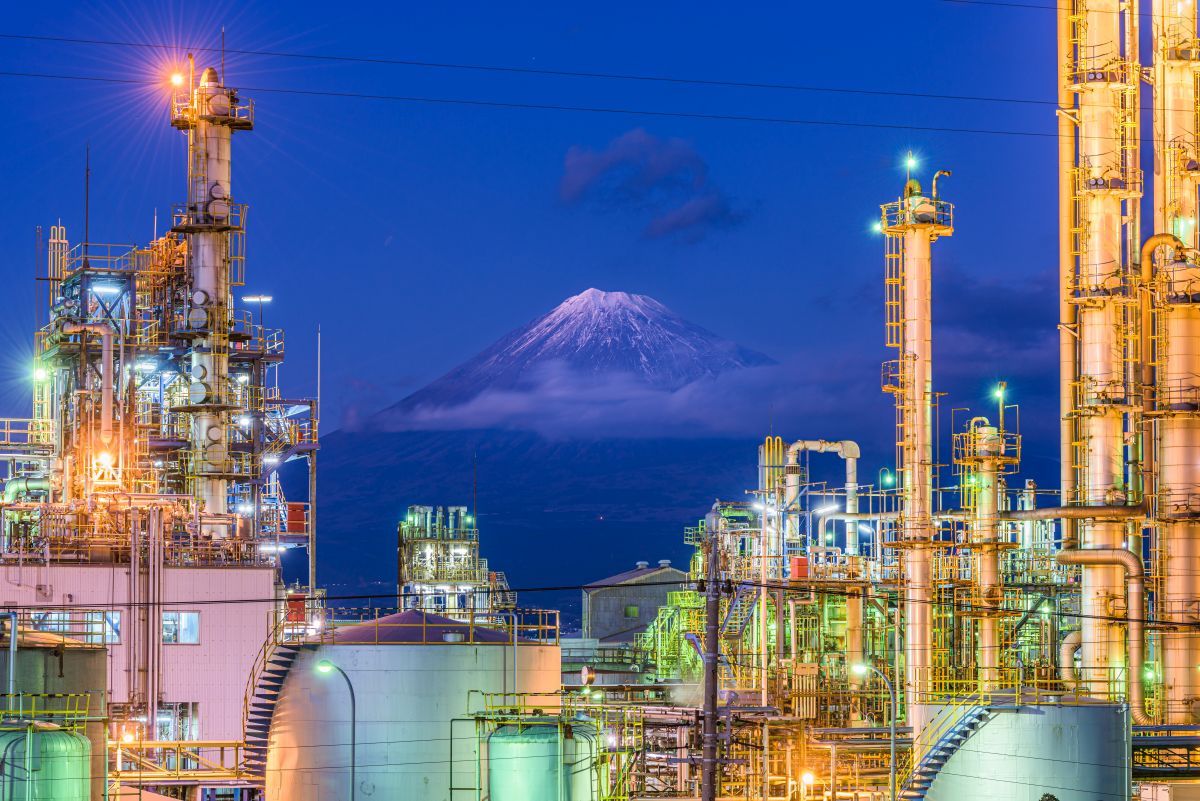WWW.UTILITYDIVE.COM
The petitioners say current Chinese export practices pose a threat to U.S. solar, while other solar companies say the trade case itself is a threat.
The solar industry continues to clash over a petition filed April 24 with the U.S. International Trade Commission and the U.S. Department of Commerce by an alliance of solar manufacturers seeking new antidumping and countervailing duties on some solar cell imports – duties opposed by other solar companies and some clean energy trade groups.
Petition opponents have expressed concerns that the case could create volatility in the solar market. The petitioners are awaiting a June 10 preliminary injury determination from the ITC, which will decide whether or not the case moves forward.
The petition asks the U.S. to impose antidumping and countervailing duties, or AD/CVD, on crystalline silicon solar cells imported from Cambodia, Malaysia, Thailand and Vietnam – the four countries that the Department of Commerce last year found were being used to circumvent tariffs in an AD/CVD case that caused similar concerns about solar market stability when it was initiated in 2022. Those concerns led President Joe Biden to issue a two-year moratorium on new solar tariffs, which expires June 6.
“This is a very compelling case of injury,” said Wiley Rein partner Tim Brightbill, who is representing the petitioners in this case. “The three main things the commission looks at are the volume of imports, the price effects, and then the impact on the domestic industry.” In this case, Brightbill said there is evidence for all three.
During a May 1 webinar, the Solar Energy Industries Association’s Senior Vice President of Supply Chain and Trade Stacy Ettinger said that while it’s “very hard” to predict how AD/CVD cases will play out, the new “petitions are very detailed, the petitioners have done their homework and are working with excellent trade attorneys, so I believe, personally, that there will be affirmative determinations in these cases.”
SEIA opposes the petition and issued a press release in response – along with Advanced Energy United, the American Council on Renewable Energy and the American Clean Power Association – saying the case created “market uncertainty in the U.S. solar industry and poses a potential threat to the build-out of a domestic solar supply chain.”
“Generally, having AD/CVD cases does create uncertainty in the market,” she said during the webinar. “We have the beginnings of a very robust domestic manufacturing sector in the solar ecosystem. Those companies that have brought this case have reasons for doing so. There are other companies that are hoping to get manufacturing up and running. We know that prices for modules have plummeted recently. So there’s a mix of factors.”
Opposition from within the industry
Brightbill said the alliance disputes the assertion that the case will create market turbulence, pointing to a comment made by NextEra Energy Chairman, President and CEO John Ketchum during an earnings call the day before the petition was filed, during which Ketchum said, “We are very well positioned to manage through this like we always do” when asked about the anticipated filings.
But during an ITC hearing about the petition last week, attorney Matt Nicely representing NextEra questioned the validity of the petition and alleged that alliance member First Solar, which produces thin-film cadmium telluride cells and not the crystalline silicon solar cells described in the petition, is not a member of the domestic crystalline silicon solar cell industry but instead produces a “product that is directly competitive.”
“I encourage you to look at their year end annual reports and their recent earnings reports,” Nicely said. “They are doing incredibly well, and so you have to ask yourself, why is a company like that doing very, very well, and yet we have this case going on the way it is.”
In an email, Brightbill said, “It should be noted that NextEra’s commercial interests in this case are likely influenced by their joint venture with Longi, Illuminate. Longi is a Chinese-owned company manufacturing in China and the countries targeted by these cases, and it will have duties imposed on their products should the Alliance’s petition prevail.” NextEra could not be reached for comment.
Other members of the alliance behind the petition include Hanwha Qcells, Convalt Energy, Meyer Burger, Mission Solar, REC Silicon and Swift Solar. During the hearing, Alex Schaefer, the attorney representing solar manufacturer Illuminate USA, spoke in opposition to the petition and said the case was “not about U.S. producers versus foreign producers. It’s about U.S. module producers like Hanwha [Qcells] trying to get a commercial leg up on other U.S. module producers.”
“This isn’t about relief from imports; it’s about cornering the market,” Schaefer said, and alleged that the alliance was “muddling together two separate [but] like products, cells and modules.”
Brightbill said that this was “unfounded,” and that “in initiating the case, the Department of Commerce confirmed that the petitioner represents the majority of domestic solar manufacturing. This case covers both cells and modules.”
In the hearing, Qcells’ Vice President of Public Policy Hal Connolly said the company isn’t concerned about U.S. market instability that could arise from the new import duties because “a cell factory can be built within two years” and existing solar manufacturing announcements “are much higher than what demand is likely to be.”
“So, within a couple of years, we could be supplying all the cells the U.S. market needs if we have a more level playing field and this case can help create better market conditions,” he said.
Section 301
Earlier this month, the Biden administration announced that it would expand Section 301 tariffs on China, including higher solar tariffs. Ray Long, president and CEO of ACORE, praised that announcement, saying it “threads the needle between sustaining our momentum building out domestic manufacturing, while also standing up to unfair foreign oversupply.”
However, Brightbill said the new tariffs don’t allay the concerns of the alliance.
“The increased tariffs on solar cells from China will have a very limited impact because China already no longer supplies the United States with solar panels,” he said. “We had a trade case that addressed that a number of years ago. So unfortunately, the government of China’s strategy is to supply the rest of the world from China, and to supply the United States using these four countries,” he said, referring to Cambodia, Malaysia, Thailand and Vietnam.
Brightbill said that he believes the Biden administration “is very sympathetic” to the petitioners’ case, due in part to the Inflation Reduction Act.
“Part of the reason for the [IRA] was to rebuild solar manufacturing here in the United States, so they don’t want to see anything that would undercut or undermine these billions of dollars in new investments,” he said. “Solar was invented here. It was perfected here. There’s no reason why the United States shouldn’t lead the world in terms of solar breakthroughs and solar manufacturing technology.”











